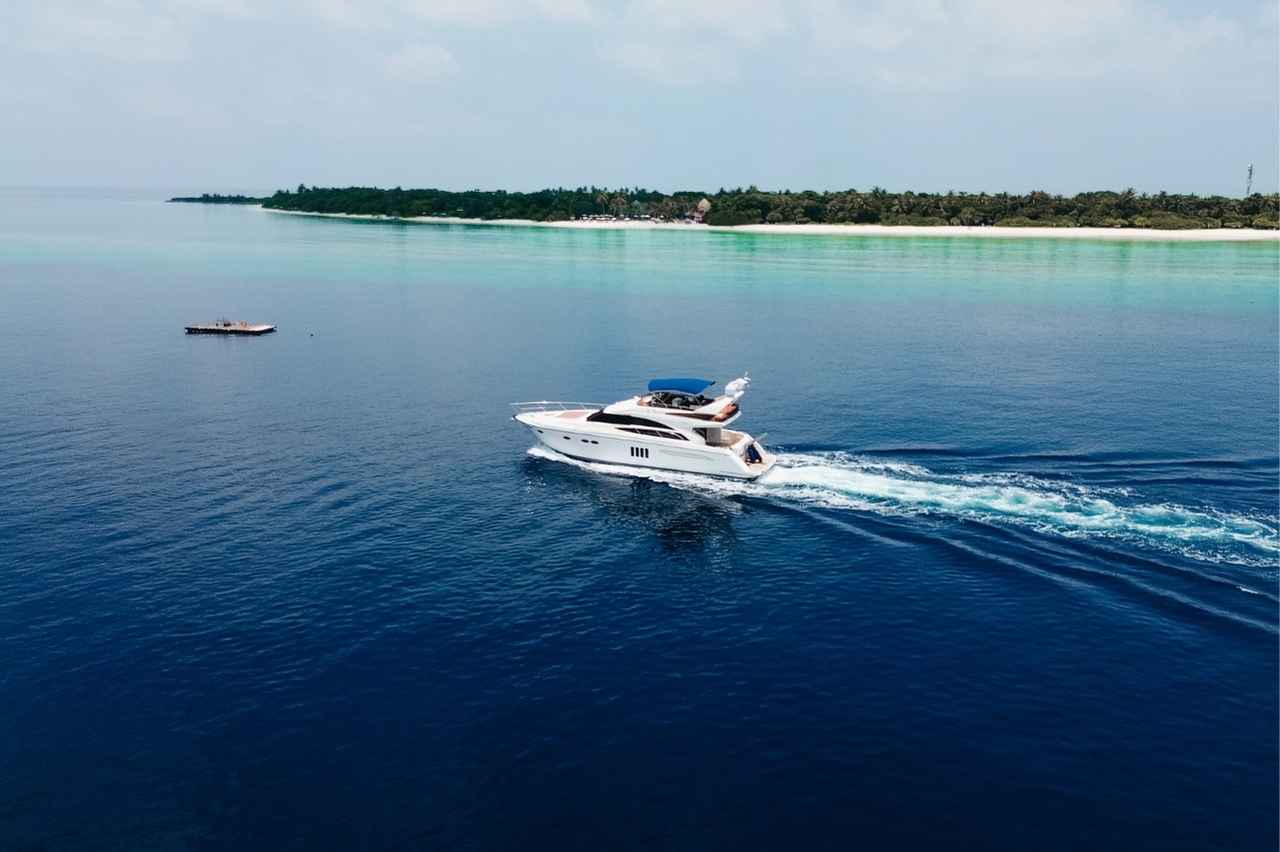A breathtaking aerial photograph of blacktip reef sharks hunting in Maldives won the top prize in the 2024 Royal Society Photographic Competition. The competition, held in collaboration with the Royal Photographic Society (RPS), celebrates images that highlight the beauty and complexity of science. This year’s overall winner, The Hunt from Above, was captured by Dr. Angela Albi, a researcher from the Max Planck Institute of Animal Behavior. She took the photograph during a research expedition, offering a rare view of sharks hunting in a way that is seldom observed.
A Photographic Triumph and Its Deeper Impact
Dr. Albi used a drone, piloted by fellow researcher August Paula, to capture the image. It shows four young blacktip reef sharks cutting through a large school of baitfish in the Maldives’ shallow waters. The photograph is both visually stunning and scientifically valuable. It reveals the behavior of sharks and fish as they interact in their natural environment. Albi explained, “Just after sunrise or before sundown, the shallow waters of the Maldives become a clear, see-through surface. These are also the moments when we best observe the interactions between reef sharks and their prey.”
Albi and her team study how sharks hunt and how schools of fish react. The project, in partnership with the University of Konstanz and the MaRHE Center in the Maldives, focuses on capturing these moments using drone footage. The winning image is a still shot from one of their videos, which Albi edited to enhance clarity and detail.
Albi’s photograph won both the Behavior category and the overall competition. It outshone images from other scientific fields, including astronomy and ecology. The competition is known for showcasing stunning images that capture scientific phenomena. Albi’s photo will now appear on the cover of Biology Letters, a prestigious journal.
Albi expressed her gratitude to her team for their support. She said, “Every member contributed to capturing this unexpected view of a behavior that is normally out of our reach.” She also thanked the Royal Society for the opportunity to share the beauty and diversity of animal behavior with a wider audience.
A Unique Blend of Science and Art
Albi’s photo stands out because it blends scientific observation with artistic beauty. The sharks’ swift, calculated movements contrast sharply with the synchronized flight of the fish as they try to escape. Hugh Turvey, Chair of the Science Committee at the RPS, praised the image for capturing “the raw instincts of nature.” He also noted how it showcases the delicate balance between predator and prey.
This blending of science and art is central to Albi’s work. As a scientist who loves photography, she always brings her camera on field trips. Her passion for photography enhances her research. It allows her to capture moments that might otherwise go unnoticed. For Albi, fieldwork is as much about the art as it is the science. Her love for photography, which began a few years ago, has grown alongside her research into animal behavior.
Understanding Shark Behavior in the Maldives
The Maldives, known for its clear waters and rich marine life, offers the perfect location for studying how sharks and fish interact. Albi is part of a team called SAFT (Sharks and Fish Together), which has worked in the region since 2023. The group studies juvenile blacktip reef sharks, which swim in shallow waters and often circle within large schools of baitfish. These interactions help scientists understand how predators like sharks hunt and how prey like fish respond as a group.
The research team which also includes researchers August Paula, Luke Costello, Tristan Walter, and Iain Couzin, who is an MPI-AB Director and Professor at the University of Konstanz, uses drones to capture these interactions from above. This perspective would be impossible to achieve underwater. The still image that won the competition shows a shark about to initiate a hunt, with the fish scattering in response. Albi explained that scientists still don’t know exactly what triggers the sharks to attack. However, these videos help them analyze the sharks’ hunting methods and the fish’s collective reactions.
The research is not easy. Albi explained, “Finding the schools can be very hard because they usually can’t be seen from the shore.” The team relies on drones to scout for large fish schools, navigating challenging conditions like rain and strong winds. When the weather cooperates, they film during narrow windows just after sunrise or before sunset to avoid glare from the sun on the water.
Winning this competition, The Hunt from Above not only highlights the visual beauty of marine life but also offers new insights into the behavior of sharks and fish. Albi’s work reminds us that science and art can work together to reveal the hidden wonders of the natural world.
Feature image: Angela Albi/Royal Society Publishing Photography Competition 2024
For video, please visit: @aalbiangela on Instagram








